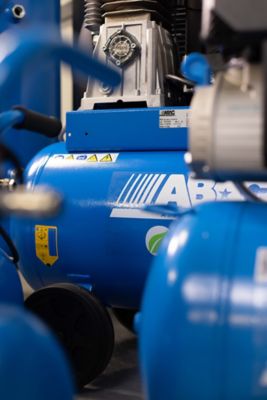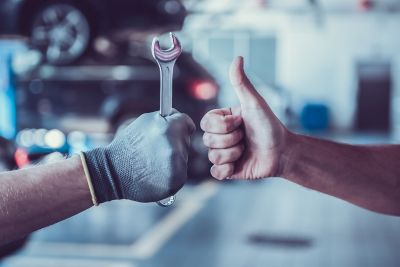ABAC Air Compressor Blog - Never miss a beat!
Welcome to the ABAC blog, where you can find useful information and tips on how to choose and use air compressors for your applications. ABAC is a leading brand in the compressed air industry, constantly innovating and improving our products and processes.
In this blog, we will share with you our insights and expertise on various topics related to piston and screw compressors, such as their features, benefits, maintenance, energy efficiency, and more. Whether you are a beginner or a professional, you will find something of interest and value in our blog posts. Stay tuned for more updates and subscribe to our newsletter to get the latest news from ABAC.
Air Compressors 101: Everything You Need to Know
Dive deeper into the world of air compressors! Explore our blog clusters for tips, tricks, and insights that will help you maximise your compressed air systems.
Check out our carousel below to explore all the clusters!





















































